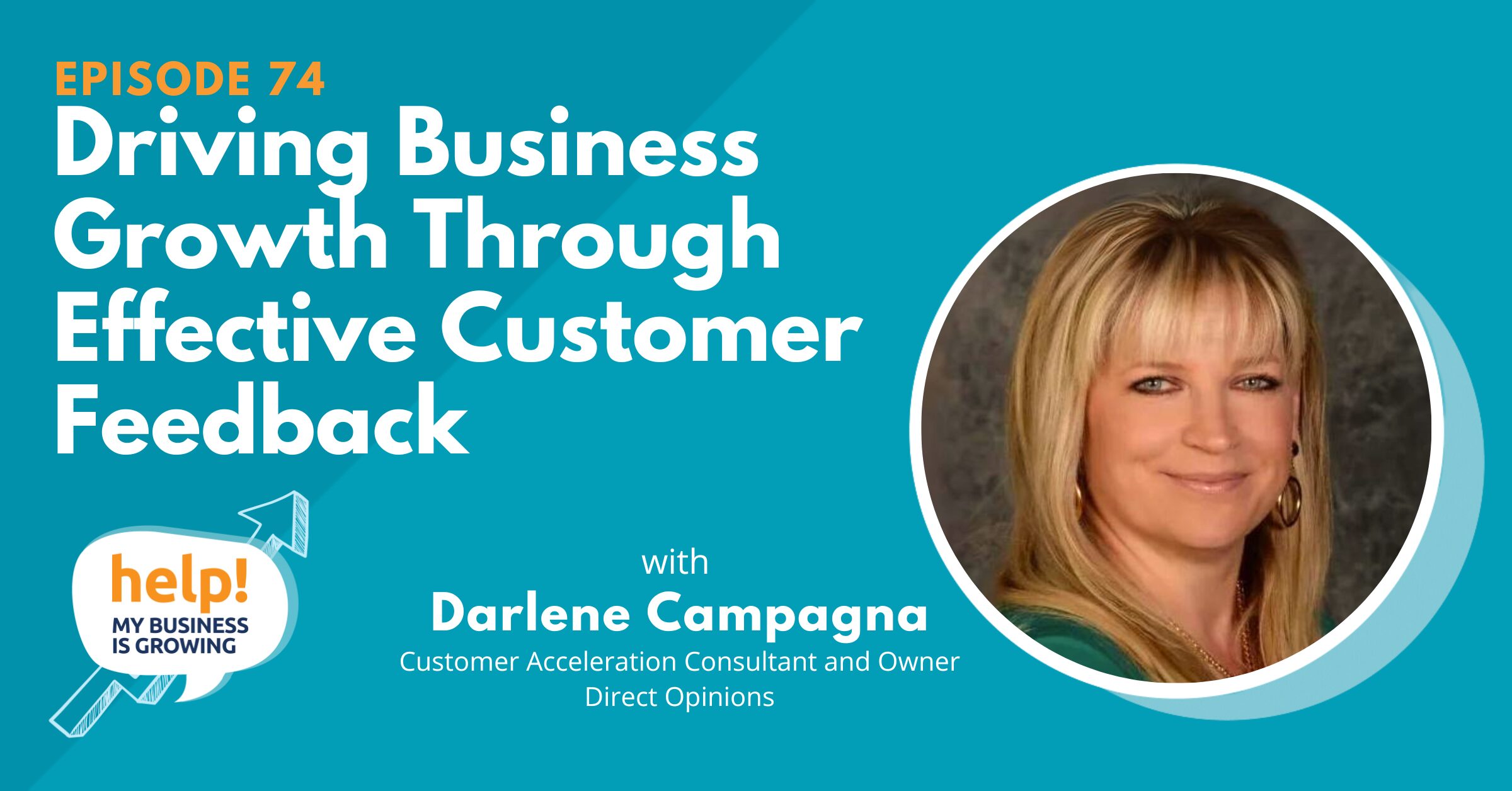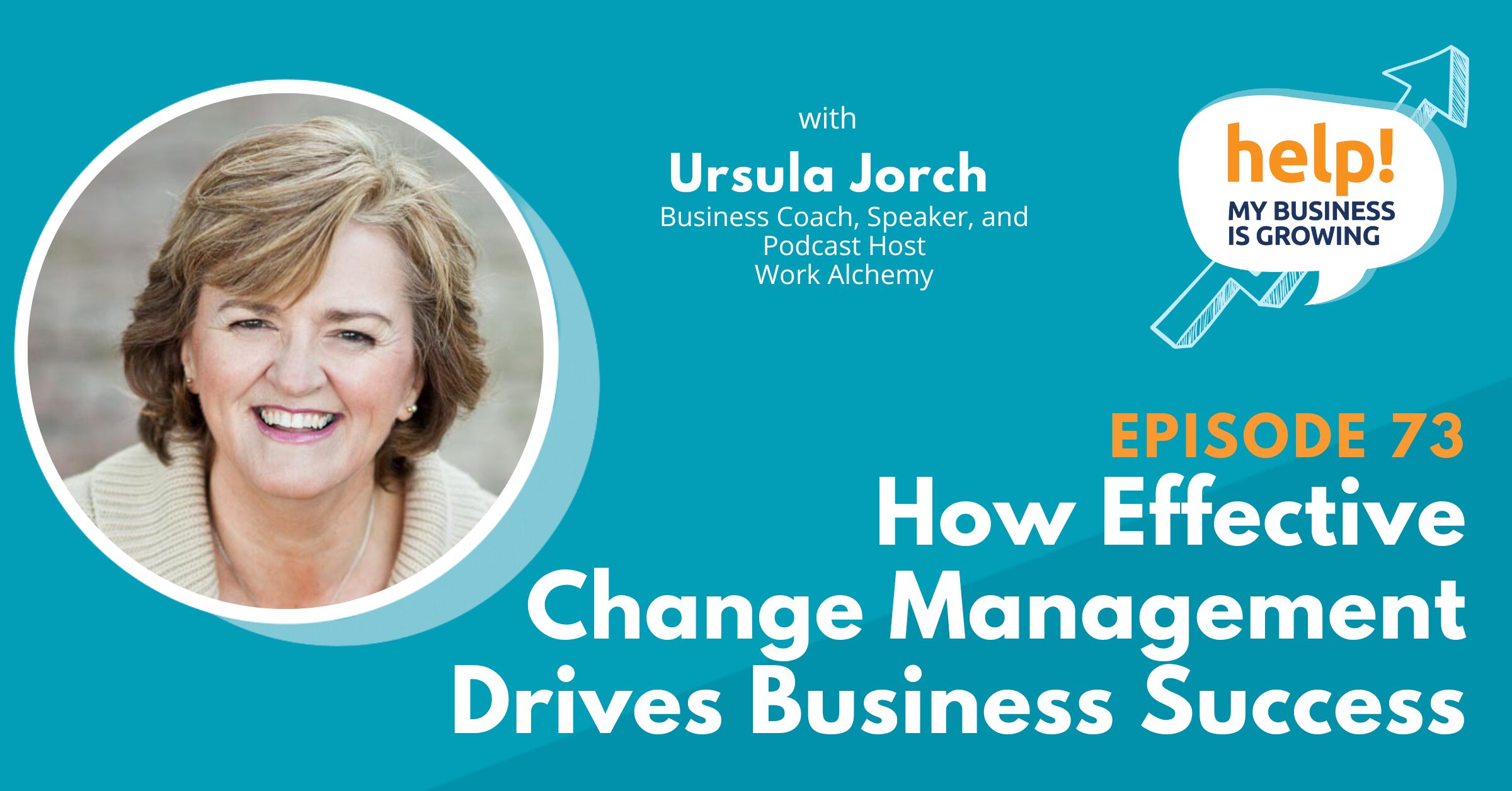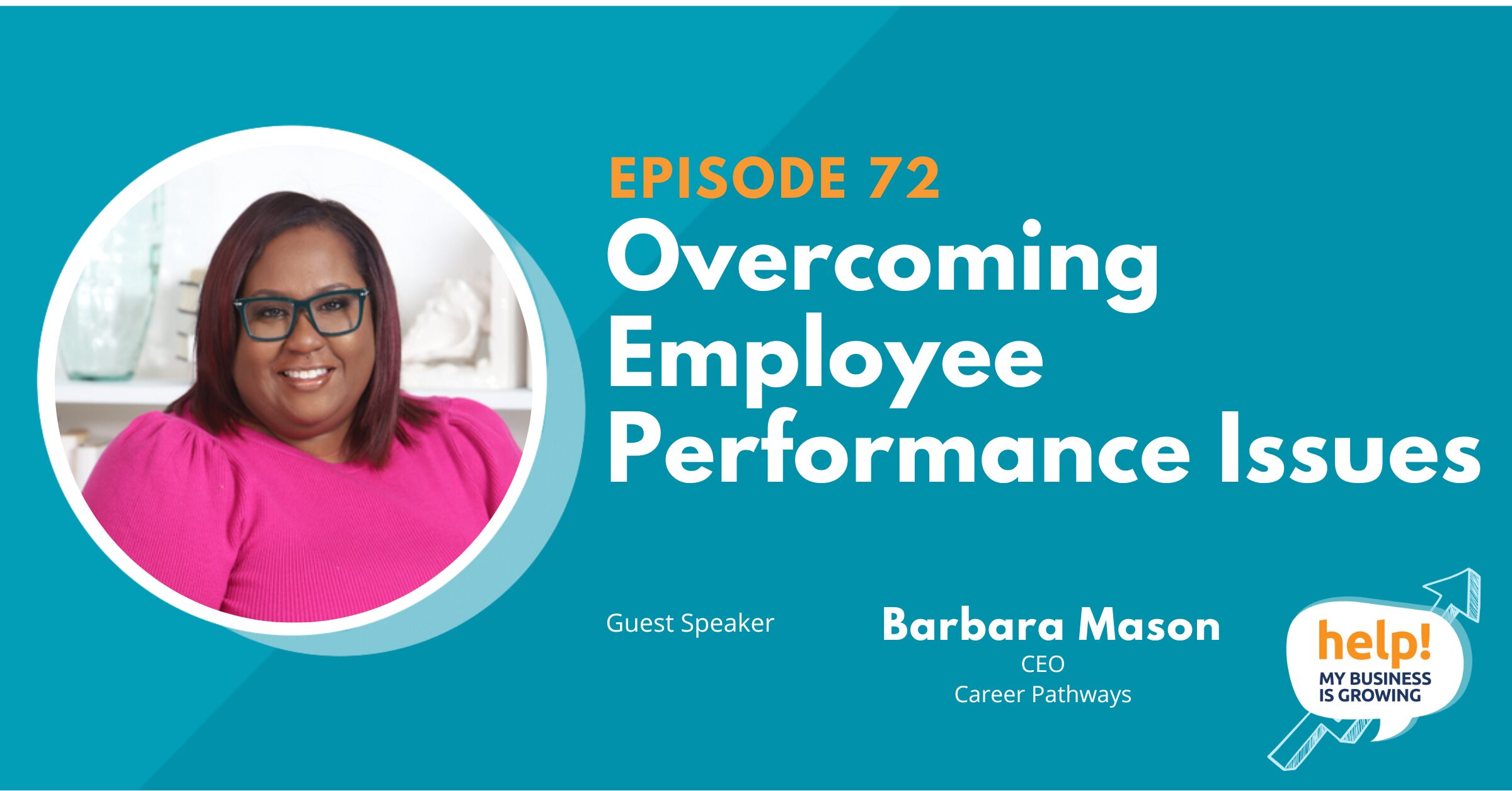Large amounts of cash in your business banking account can be comforting to look at. However, there is such a thing as having too much, and similar to having too little cash, keeping an excessive amount can negatively affect your company’s performance. So if you want to get more out of the “lazy money” that’s sitting in your business account? You can – by practicing strategic cash management!

What Is Excess Cash?
When your cash balance is more than the actual working cash balance your business requires, you have excess cash.
When the excess cash grows because of strong company performance, you should invest or distribute the excess cash. This way it won’t be considered lazy money since you can actively use it to help grow your business.
But when there’s decreasing cash generation, you should let the cash accumulate.
Why Is Excess Cash a Bad Thing?
Like having too little or no cash, an excessive cash amount can present its own set of problems.
If your business has both excess cash and high-interest debt balances, unnecessary interest payments are occurring. Instead of receiving a minimal interest payment from your cash accounts, convert this lazy money into something useful: use the cash to reduce your debt.
When your cash sits idling, you may be missing valuable business opportunities, too. New product research and development, business expansion, and marketing strategies can be great ways to propel your business forward – but require a financial investment.
Having excess cash can create problems internally within an organization. More careless mistakes can start to happen, business spending can get out of control, and there may be an unwillingness to reduce growing expenses. It can also make management overly confident with no longer feeling pressure to perform.
If you have investors, they might also start questioning delays in return on their investments and why excess cash is a permanent fixture on your balance sheet.

The Importance of Strategic Cash Management Planning
Now, you might be asking: how much cash do I need to have in my bank account?
Unfortunately, there is no simple formula for you to follow in coming up with that answer. That’s because the amount of cash can fluctuate greatly depending on a business’s overall model, its current needs, and future plans.
Instead, have a conversation with your financial advisors and bankers to formulate the best cash management strategy for your business. They’ll consider your future cash flow, business cycles, capital expenditure plans, and liability payments to create a solid plan for your excess cash.
Solutions for Excess Cash
You’ve got a lot of investment options to consider when putting your excess cash or lazy money to work – and all of them have different time frames and risk levels.
Sweep accounts are one of the most popular options. At the end of each business day, the account automatically transfers any extra money above a predetermined minimum balance into short-term investment vehicles. Since the money is swept from the business checking account automatically, it’s an excellent option if you don’t want to micro-manage your cash.
If you’re willing to invest for a three-to-six-month or one-year time frame, Certificates of Deposit (CDs) may be the answer. As long as you’re okay with giving up some liquidity for a certain amount of time, CDs typically offer a higher return than sweep accounts and money market funds.
For business owners able to part with their excess funds for a longer time frame, treasury bonds, bond funds, and stocks are possible solutions. These types of investments come with higher levels of risk but also offer the highest returns.

The Bottom Line is to Avoid Lazy Money
As comforting as it is to open up your business bank account and see a large sum of readily available cash, this lazy money is creating more harm than good. Get that money to work for you in the best way possible by formulating an effective cash management plan!
Many small businesses struggle with understanding their financials and not knowing how to use that information to plan for their business. Schedule a consultation and we’ll help you understand your finances so that you can make better decisions and have a healthy and sustainable business.



